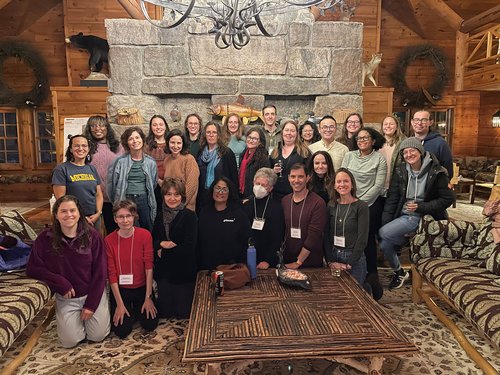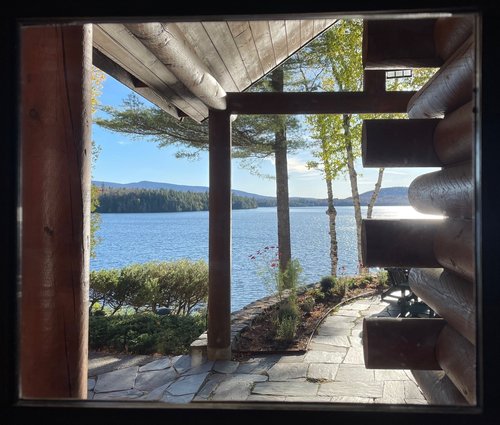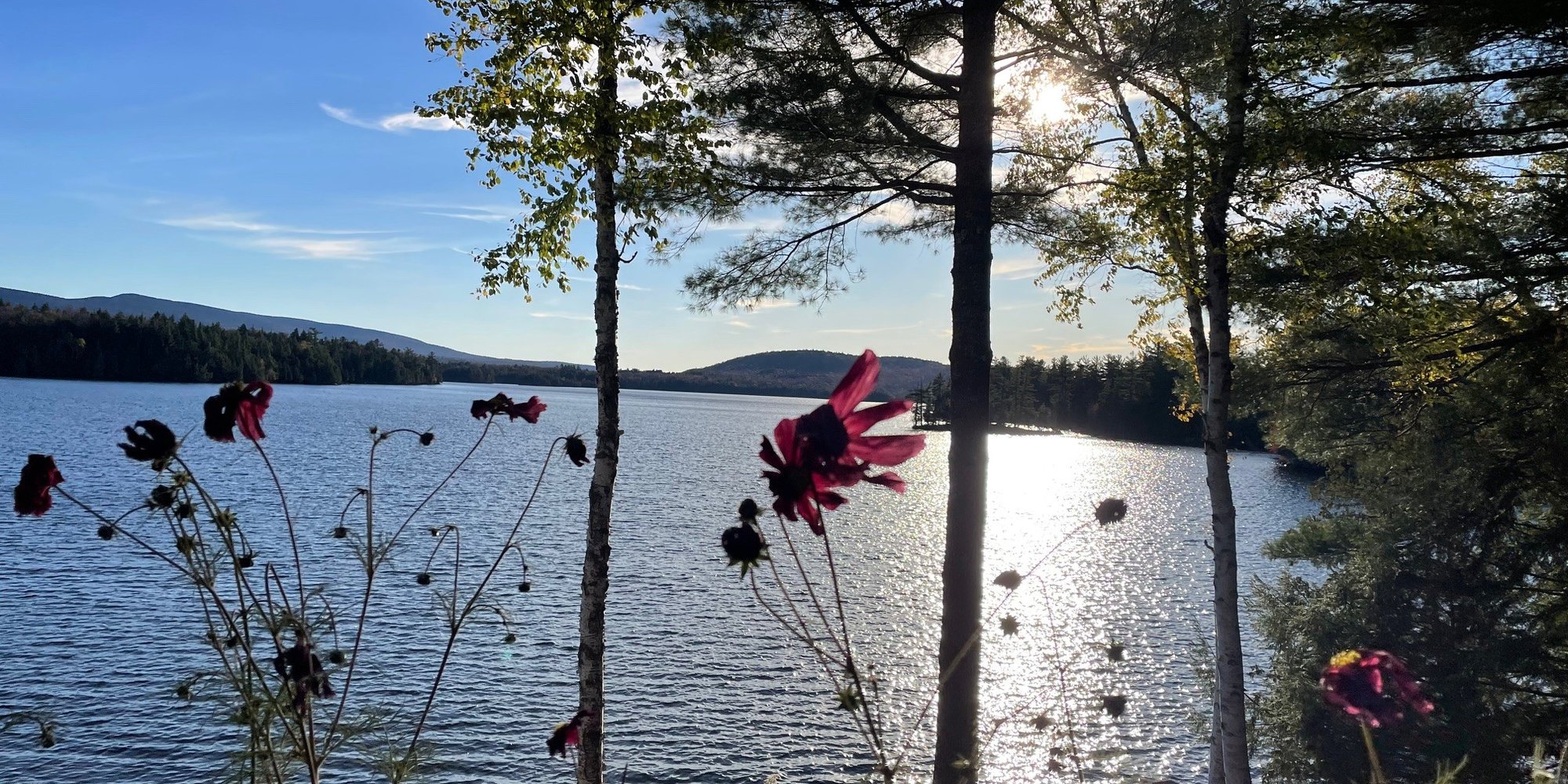Nestled in the serene beauty of the Adirondack Mountains, the October 2025 CNY Humanities Corridor Writing Retreat at Minnowbrook offered 28 humanities faculty from across the region a rare opportunity to disconnect from daily demands and immerse in their scholarship. The retreat brought together scholars from diverse institutions for a weekend of intensive writing, community building, professional development, and improved well-being.
Participants described the experience as “restorative,” “productive,” and “transformative,” finishing overdue article revisions, completing book chapters, drafting new papers, and making significant progress on stalled projects—all while experiencing what many described as a much-needed respite from the demands of academic life. One attendee shared, “I finished the first version of an article that I have been working on all year. I'm pleased about it.” Another noted, “I was able to draft 80% [or nearly 25 pages] of a new book chapter in the compressed weekend.”

The retreat’s structure—complete with prepared meals, flexible schedules, and access to nature—was key to its success. One participant underscored how much they valued “not having to cook or clean for myself, not having to try to combine childcare with writing, having peace and quiet…” They would not have been able to do the work they did if the retreat had been virtual. Distance from daily responsibilities allowed scholars to focus entirely on their work.
The retreat combined dedicated writing time with professional development workshops led by writing coaches Jennifer Ahern-Dodson and Monique Dufour, who facilitated sessions on building and sustaining a writing practice and navigating change. Participants particularly praised the individual writing consultations and guided writing sessions, with many adopting new strategies like the “modified pomodoro” method and “parking on the downslope.” “Monique and Jennifer were absolutely fantastic! I'm particularly taken by their notion of ‘shaping time,’” one scholar remarked. Another added, “The consultation especially gave permission [for] self-examination and… [the facilitators] were very caring, conscientious and insightful.”

The retreat's hybrid format allowed facilitators to conduct workshops via Zoom while participants gathered in person, creating what one respondent called a perfect “balance between social interaction and writing.”
Beyond writing, the retreat fostered a sense of community, cross-disciplinary dialogue, and meaningful connections across institutions. “It was wonderful to hear about my colleagues' fantastic research and make so many new friends,” said one attendee. Faculty members from different Corridor universities built relationships while discussing their research over meals, during hikes and while kayaking, and in spontaneous evening conversations. “At this retreat, it was necessary to cross divides to build connections because everyone was from a different institution and all but one from a different discipline,” one participant observed. “It reminds me to make more of that kind of effort with people at home.”
The retreat left a lasting impression. “This was the best academic experience of my year so far,” one faculty member wrote. “Depths of gratitude for this experience.” “I've never participated in such a lovely retreat with wonderfully interesting people, time and beauty in which to write, and delicious prepared food. What a gift!” one faculty member shared.
The Corridor's investment in faculty writing support addresses a critical need in higher education, particularly as humanities scholars navigate increasing teaching loads and service demands. As one participant put it: “As a junior scholar with young kids, this time and space for focused writing was so valuable.”
The retreat's success demonstrates that when institutions provide dedicated time, supportive community, and freedom from daily obligations, faculty can make remarkable progress on their scholarly work while also finding renewal and connection in their academic lives.
As the Corridor continues to expand its professional development offerings, the Minnowbrook retreat stands out as a model for how time, space, and community can empower scholars to thrive.

